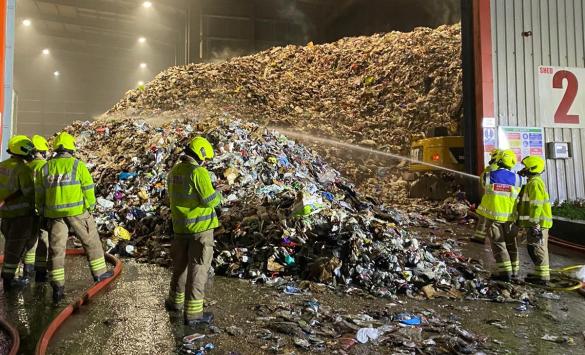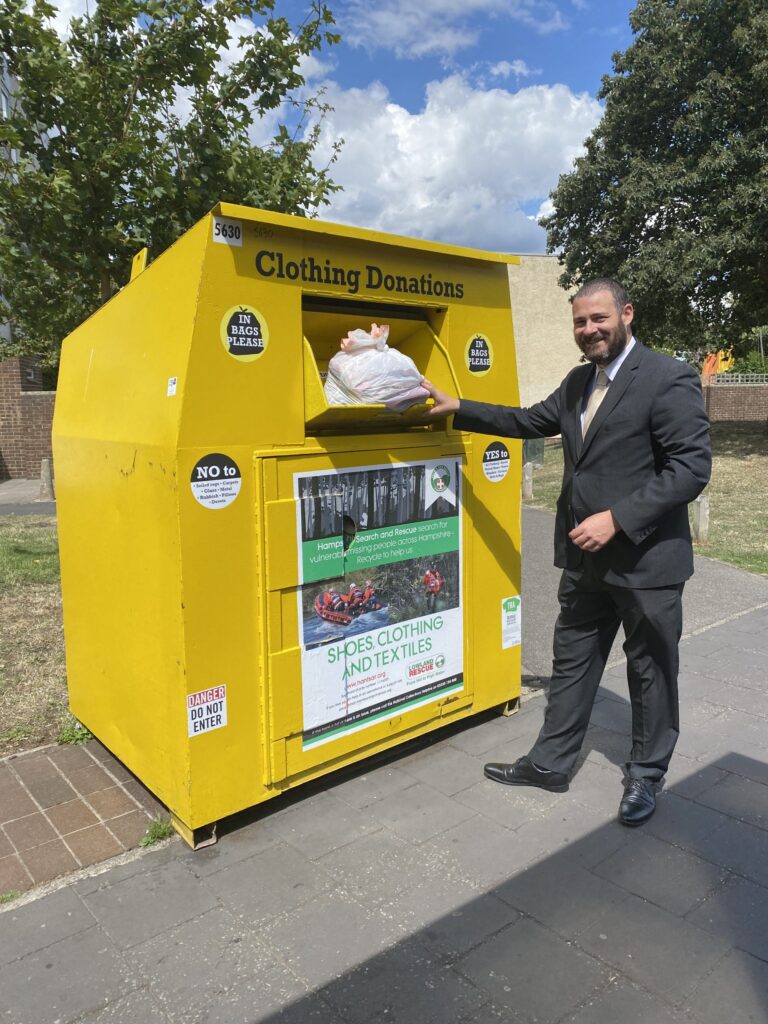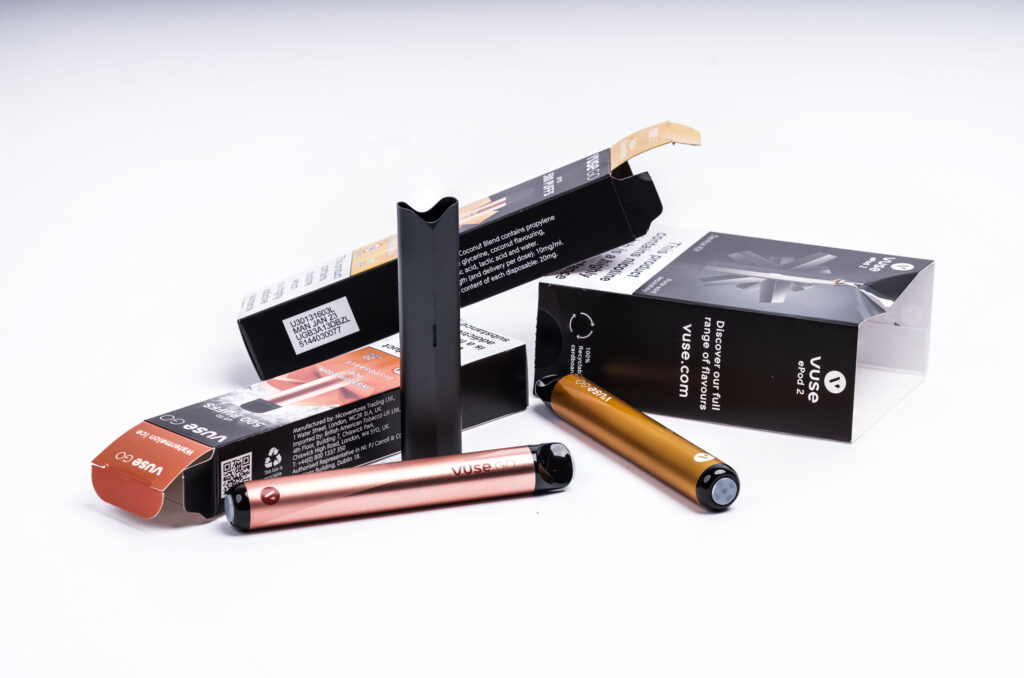Trying to introduce sustainable practices into waste management reminds me of a football match I once played when I was a graduate trainee at Rolls-Royce in Derbyshire.
Transport is the major source of CO² emissions, and using biogas in this way can make a major contribution to reducing them
Keith Riley, managing director for technical services, Veolia ES
It was not the brilliance of play or the enthusiasm of the support that brings it to mind, but the fact that the pitch was on the side of a hill. At an early stage in my career I learnt the true implication of not having a level playing field.
Introducing the use of biofuels into waste management is a bit like that. The most straightforward application of a biofuel in waste management is using it to fuel our vehicle fleet.
Despite this there are complications. There are a number of types of biofuels made from various products – even municipal waste itself. In consequence, biofuels can vary in their composition, chemical properties and even the way they have to be handled.
The industry expects its engine suppliers to develop their products and produce ever more fuel efficient power units – but faced with a large number of fuels – biodiesel, bioethanol, methanol, bio-ethers etc., it is not possible for engine manufacturers to optimise their design for 8 or 10 different fuels.
It is not surprising, therefore that the take-up of liquid biofuels is less than expected and there has been a preference to pursue hybrid engines that have an electric motor, but use fossil diesel as the liquid fuel.
Following lessons from the past (who remembers Betamax/VHS videotape format struggle in the 70s and 80s?) we should let liquid biofuel development settle down further before sinking millions into engine development across such a range.
Landfills
Perhaps the area in which we can jump into our trucks and drive away is in the use of biogas. Nearly all contained landfills in the UK with biodegradable waste collect the biogas and burn it in internal combustion engines to generate electricity.
It is possible, however, to clean up the biogas and convert it to near pure methane to use as a vehicle fuel – as is notably done in Malmo, Sweden. The gas can be handled in the same way as compressed natural gas (CNG) and used as a substitute for it. If the biogas needs to be transported over a long distance it can be liquefied to raise its bulk density.
Despite all the environmental benefits of such a low emission fuel, the take-up of biogas in this way is also very slow. The problem in this case, however, is not the complexity of choice, but the UK's love affair with renewable energy certificates (ROCs) has had the effect of subsidising the use of the biogas to generate electricity whilst its use as a vehicle fuel receives nothing.
Veolia pioneered the way with our vehicle trial in Camden, and others in the recycling and waste industry are following with biogas fuelled RCVs. Both use liquefied biofuel processed by Gasrec, but this only works economically because there is no electrical export connection into the landfill from which the gas is being produced.
Environmental aspirations
The new coalition Government has strong environmental aspirations and has pledged to continue the UK's move towards sustainable development. Biogas has a potential part to play in this.
If the expansion in anaerobic digestion that the Government is promising occurs, the use of biogas as a vehicle fuel will become of even greater potential. Landfill gas has now been grandfathered, so it will be difficult and unfair to reverse that at this juncture.
Transport is the major source of CO² emissions, and using biogas in this way can make a major contribution to reducing them. This will not happen unless it too receives similar subsidies to generating electricity. The Government should avoid playing on that football pitch in Derbyshire.












Subscribe for free